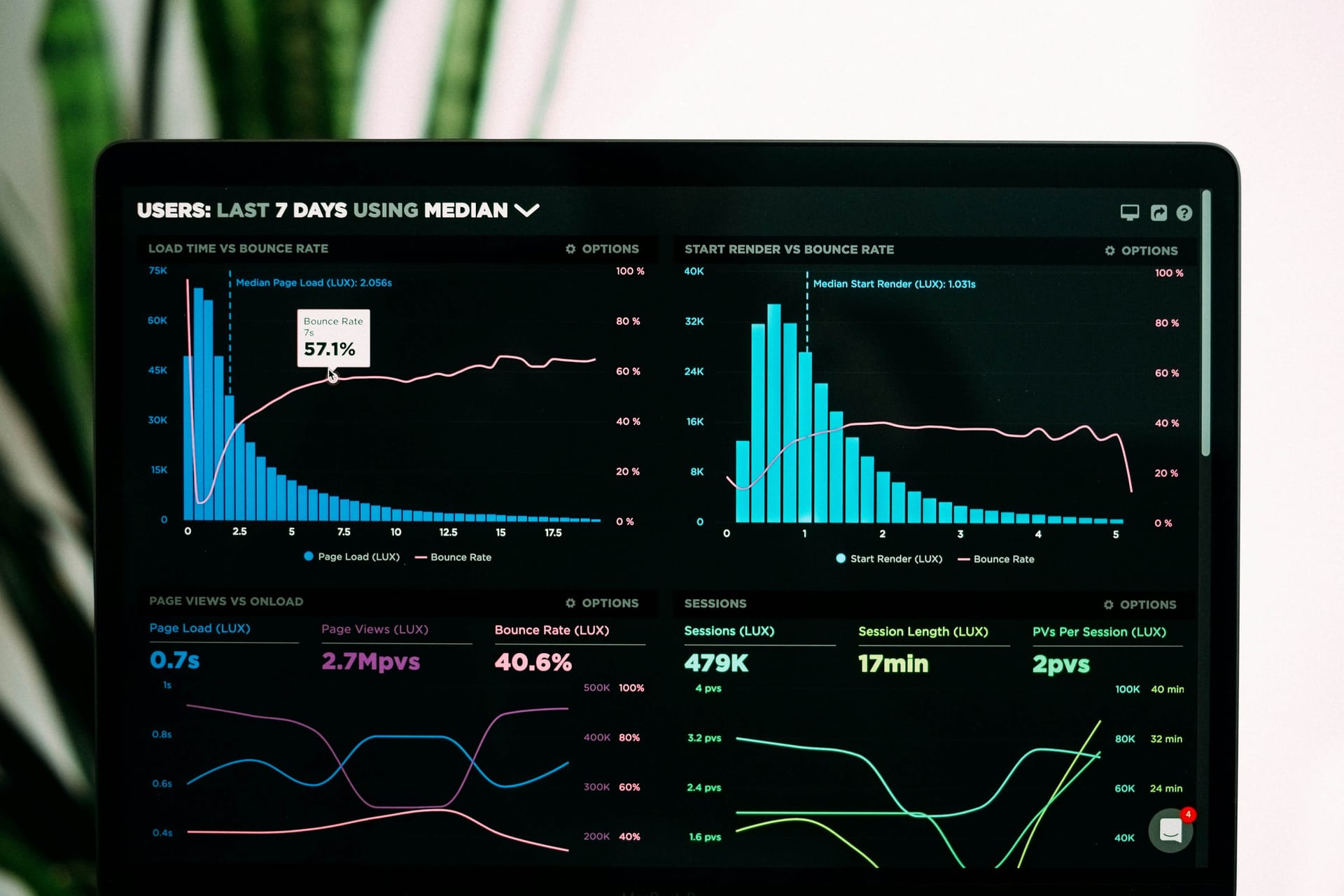Blind Trust vs Transparent Chaos

So the Trump coin got me thinking. Everyone who's been exposed to it knows it's a little bit of a joke. I mean, they call it a meme coin themselves. And because of that—because of the extended high-quality discourse surrounding it (read: tweets and Reddit threads)—people are wary of it. The market was exposed to something it didn’t fully understand, yet the market also knew to keep its guard up. Maybe don't put your life savings into Trump coin, or maybe you do. Either way, the market was in a decent position to make an informed decision.
Now, let’s contrast that with regular stocks. Here, people tend to rely on regulators to do the policing. And that reliance has a sneaky side effect: it lowers people’s guard and makes them a little lazy on due diligence. Why? Because they assume somebody else is handling it. Not just anybody, but somebody smarter, or at least somebody with better data. And regulators—to their credit—do a good job. They work hard. They’ve got algorithms, they’ve got humans reviewing flagged trades, and the system mostly works. Mostly.
The problem is scale. There’s just too much: too many trades, too much data, too many unknowns, too many people gaming the system. And so, the information the public expects regulators to provide—that sense of "don’t worry, we’ve got this"—isn’t always there in real-time. There were 850,000 filings made to the SEC in 2024. As a user on Twitter told me "Ain't no one reading that."
The result? People blindly trust regulators to catch every fraud, every manipulation, every sketchy insider deal, not realizing that some of it… slips through. Compare that to crypto. In crypto, the market gets access to a lot of information that’s usually private. With Trump coin, for instance, I can see who initiated the coin, who got the first distribution of coins, and whether they’ve sold. If I’m worried about a rug pull or a pump-and-dump, I can literally watch it happen in real-time.
Now, equities don’t offer that. Sure, you get volume and price data, but you can’t see who’s selling. Regulators can, but—back to my earlier point—they can’t see everything. And even if they can see everything they don't always act, because, well, resources et al. Also, regulators don't give you data in real-time, well, ever.
This creates an interesting dynamic where, in crypto, the burden of due diligence falls more obviously on the consumer. And guess what? That’s not all bad. Consumers get savvier. They learn to do their own research, adopt better due diligence techniques, and even rely on the transparency-driven insights of others. In crypto, the data is there; it’s just a question of whether you know how to use it.
You might be thinking, "Okay, but isn’t this what professional investment advisors are for?" Sure, but here’s the thing: even your advisors don’t get the same level of information in equities that you can get in crypto. They can tell you about macroeconomic trends, sector performance, and price-to-earnings ratios, but they might not know if insiders are quietly dumping shares or if something’s starting to smell fraudulent. That opacity is just baked into the private data that regulators have, which isn't visible to everyone like it is in crypto.
Meanwhile, in crypto, you can watch the big trades in real-time and track their wallets. You don't even need to actually watch it - platforms exist to notify you when big wallets start selling their initial stakes or when certain addresses make suspicious moves. Maybe this transparency has conditioned crypto investors to be more self-reliant, while traditional equity investors have been trained to trust regulators blindly.
Now listen - crypto isn't a safe haven either. What Satoshi giveth, he also taketh away. A now common technique is to send your ill-gotten crypto to mixers and tumblers; throwing them into a washing machine of 1,000s of other transactions and spitting them out the other end virtually untraceable. In equities, that's a lot harder because you have gatekeepers - like banks and brokers - who capture data and refuse to be your personal tumbler. Sometimes because they hate criminals, sometimes because it's illegal, sometimes because they don't want to get fined by the regulators and your lil crime is worth less to them than their mostly non-lil-crime clients.
The result is a kind of strange role reversal: in crypto’s chaotic free-for-all, you can at least see the chaos coming. In equities, you just have to hope someone else is paying attention.
So, where does this leave us? In a world where Trump coins and meme stocks coexist with blue-chip equities, and where the line between informed investing and blind trust is blurrier than ever. It's like we're all playing a giant game of financial Clue, but half the players think Colonel Mustard is a regulator and the candlestick is a blockchain.
Let's break it down:
The Transparency Paradox
In the wild west of crypto, everything's out in the open. You can see who's holding the metaphorical smoking gun (or in this case, the digital wallet stuffed with dubious tokens). It's like a financial strip poker where everyone's cards are face-up on the table. Sure, you might lose your shirt, but at least you'll see it coming. Meanwhile, in the more regulated world of traditional equities, we're all squinting through a frosted glass window, trying to figure out if that shadowy figure is Warren Buffett or just a very convincing cardboard cutout. The regulators are our eyes and ears, but sometimes it feels like they're using a pair of binoculars... backwards.
The Due Diligence Dilemma
Crypto enthusiasts are like the hardcore survivalists of the financial world. They've got their blockchain bunkers stocked with white papers and their Twitter feeds tuned to the latest FUD. They trust no one and verify everything, because in the land of rug pulls and pump-and-dumps, paranoia is just good financial hygiene. On the flip side, traditional investors are often like trusting tourists in a city known for pickpockets. They're strolling down Wall Street, guidebooks in hand (probably written by Jim Cramer), blissfully unaware that their metaphorical wallets might be getting lifted by high-frequency trading algorithms or insider shenanigans.
The Regulatory Rubik's Cube
Regulators are trying to solve a Rubik's Cube where the colors keep changing and new sides keep popping up. They're dealing with 850,000 filings a year, which is like trying to find a needle in a haystack while the haystack is on fire and someone keeps adding more hay. And straw. And possibly some very sneaky needles that look like hay. Meanwhile, in crypto, the market is essentially self-regulating through a combination of transparency and collective paranoia. It's like a financial version of the prisoner's dilemma, where everyone's incentivized to snitch on everyone else because they're all afraid of getting rugged.
The Information Asymmetry Irony
In the end, we're left with a bizarre situation where the "safer" regulated market might actually be more opaque than the "dangerous" crypto wild west. It's like we've built a financial system where the safest place to keep your money is in a clear plastic bag, out in the open, where everyone can see it and try to grab it. But here's the kicker: this transparency might actually be making crypto investors savvier. They're like the kids who grew up on the rough streets of DeFi, always watching their backs and never trusting a smart contract they didn't audit themselves. Traditional investors, meanwhile, are the sheltered suburbanites who think bad things only happen to other people's portfolios.So what's the takeaway? Maybe we need a bit more of the crypto world's transparency in traditional markets, and a bit more of the traditional market's stability in crypto. Or maybe we just need to accept that in finance, as in life, the only constant is change – and the occasional meme coin named after a controversial political figure.In any case, whether you're HODLing Trump coins or blue-chip stocks, remember: the market is always watching. And sometimes, so are the regulators. Probably. Maybe. We hope.
Brad Hughes is a a former federal securities fraud investigator, current regulator, financial crime + money laundering + fraud expert and lawyer. Real-time updates @investflags.
